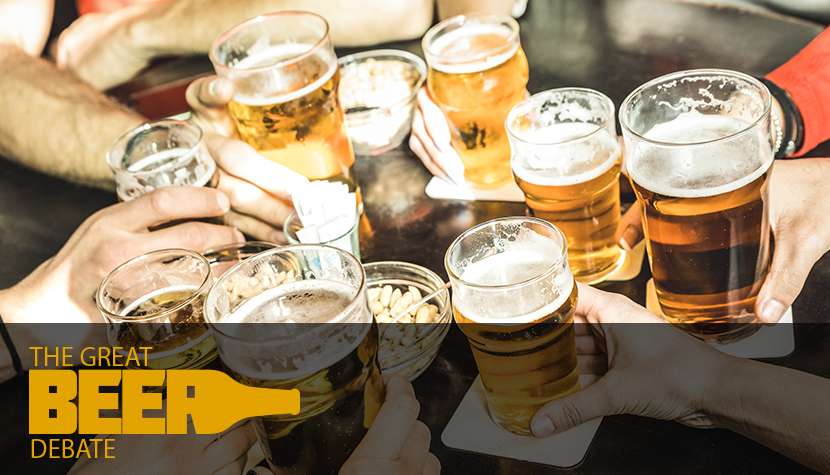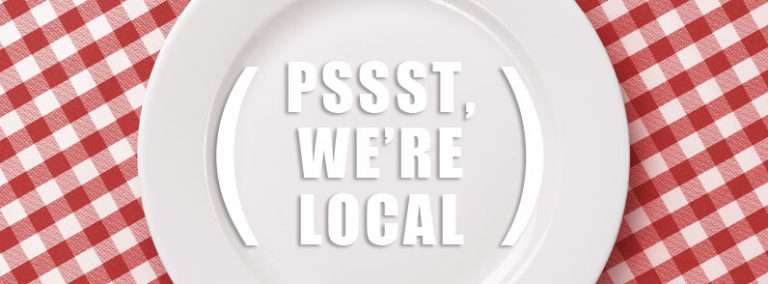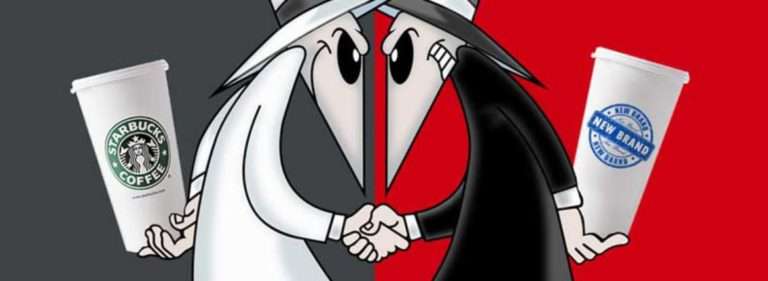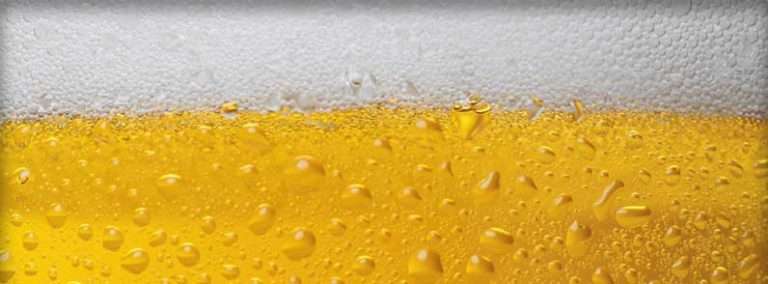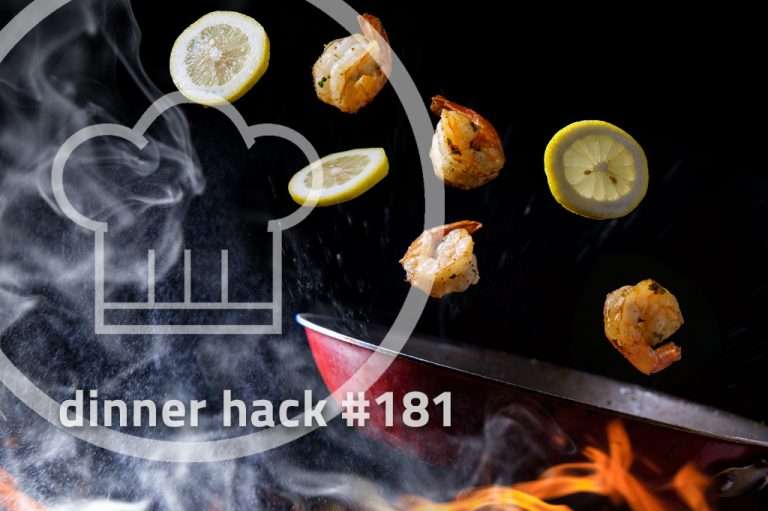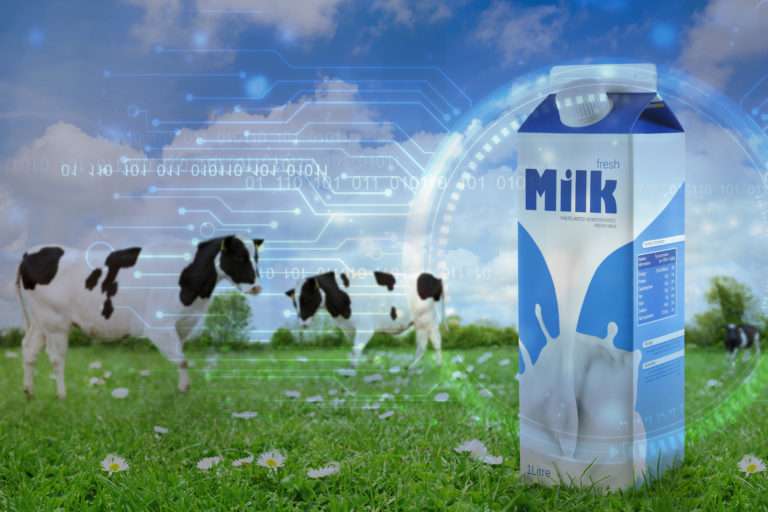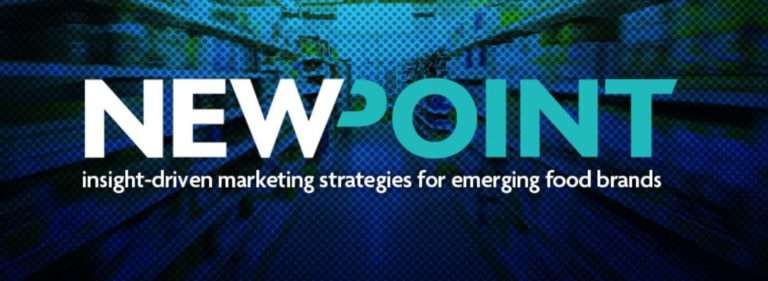Feb 19, 2019
Does Clean Label Claim Equate Brand Transparency? The Great Beer Debate
Clean Label Marketing and Brand Transparency
If you watched the Big Game, even while simultaneously doing your taxes (yeah, the game was THAT good) You may have noticed the Bud Light commercials. They called out their competitors for using corn syrup in their beer, while they refrain from using that ingredient. This “clean label” trend is nothing new, in actuality, it is something we here at NewPoint have blogged about before.
However, this particular claim sparked friendly debate not only within our office but some not-so-friendly debate on Twitter. The problem isn’t the clean-label claim, its that clean label should go hand-in-hand with brand transparency. The idea behind having a clean label is to build brand trust, but sometimes that can backfire. It seems it isn’t enough anymore for nutrition claims to be truthful, as we are seeing more and more that consumers are put off by brands making claims that imply competitor brands may be hiding something. Let’s take a look at this most recent example:
True Maybe, But Trustworthy?
TRUE:
“clean label” claims are usually perceived by the public as a healthy, more natural option. They are used to increase the perception of brand transparency.
BUT:
As Miller Light pointed out in a tweet following the Big Game, “corn syrup is a normal part of the brewing process used by many, and doesn’t even end up in the final product as it gets consumed by the yeast during the fermentation process.”

Side note:
NewFoodEconomy has a FANTASTIC article on the definition of clean label. Below is an excerpt, but honestly the entire article is worth the read:
But a question remains: What, exactly, counts as “clean”? […] For instance, Whole Foods forbids food containing the artificial sweetener sucralose and synthetic vanillin from being sold in its stores; Trader Joe’s allows both, but bans oxystearin, a waxy preservative that Whole Foods currently permits. Panera’s original “no-no list” of forbidden ingredients included ascorbic acid (aka vitamin C), which it later removed after criticism for promoting pseudoscience.
“‘Clean’ lies in the eyes of the beholder,” Kantha Shelke, Ph.D., food scientist and principal at Corvus Blue, a food science and research firm, writes in an email. “Also, what is clean today might not be so tomorrow.”
TRUE:
Bud Light may be under the assumption that the majority of the public doesn’t know the difference between corn syrup and high-fructose corn syrup.
BUT:
The public is getting smarter about these things every day. There is always a competitor right around the corner to call out more information, information that may have been omitted in the original claim, missing information such as MillerLight’s rebuttal tweet “At MillerCoors, we’re proud of our high-quality, great-tasting beers. We’re also proud that none of our products include any high fructose corn syrup. A number of Anheuser-Busch products do. And Miller Lite has fewer calories, fewer carbs and more” They eventually even launched a video with the same message.
TRUE:
A lot of beer drinkers may not know the previously-stated details about the fermentation process. Perception=reality in the marketing world, right?
BUT:
Even a positive-driven google search like “Bud Light doesn’t use corn syrup—healthier” and “should I switch to bud light since it doesn’t have corn syrup?” yields mostly negative results against the beer giant’s claim.
Plus, let’s think about something we talk about all the time in the marketing industry. Your target audience. This one is a little tricky as Bud Light is the most popular beer brand in America, but most would agree that if they’ve spent any time around their local farmer, Bud Light seems to be a trend amongst most. So how do farmers feel about Bud Light’s claim? Well, apparently farmers are on twitter too, with opinions like “I am disappointed that Bud Light chose to denigrate corn” and a plethora of others.

Helping or Hurting?
Until we can see if these ads have effected Bug Light’s sales positively or negatively, the debate will continue. “Are there more Coors & Miller Light drinkers that will switch TO Bud Light because of the lack of corn syrup used? Or, are there more Bud Light drinkers that will switch FROM Bud Light to support their local farmers?
On a personal level, my first thought, and what sparked debate in our office, was the same thoughts of Alex Griswold’s tweet “I’d like to see the Venn diagram of Bud Light consumers and people who care about corn syrup”
Regardless of how anyone feels about the newest Bud Light ad, it won’t make or break their brand. But smaller brands don’t have that luxury. If your brand can claim clean label honestly, go for it, but you may want to get an outside opinion to play devil’s advocate before launching an ad that a competitor can poke holes in publicly, and then having to backtrack later.

I’ll leave you with another excerpt from the NewFoodEconomy article:
Clean label still has the opportunity to become what it purports to be right now: a shift towards transparency, increased corporate responsibility, and better values. But to get there will require more than virtue-signaling. The world we should all want—one where sustainable, just, and wholesome food is not only a luxury for well-heeled elites, but a basic expectation for everything we eat—starts with an honest, realistic discussion about how food is grown and made. Let’s hope one day we have the stomach for it.
